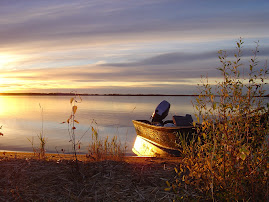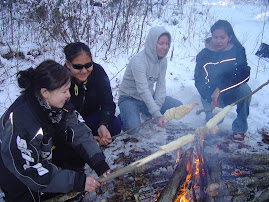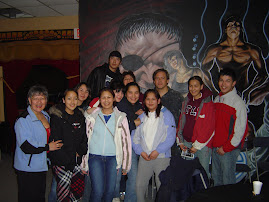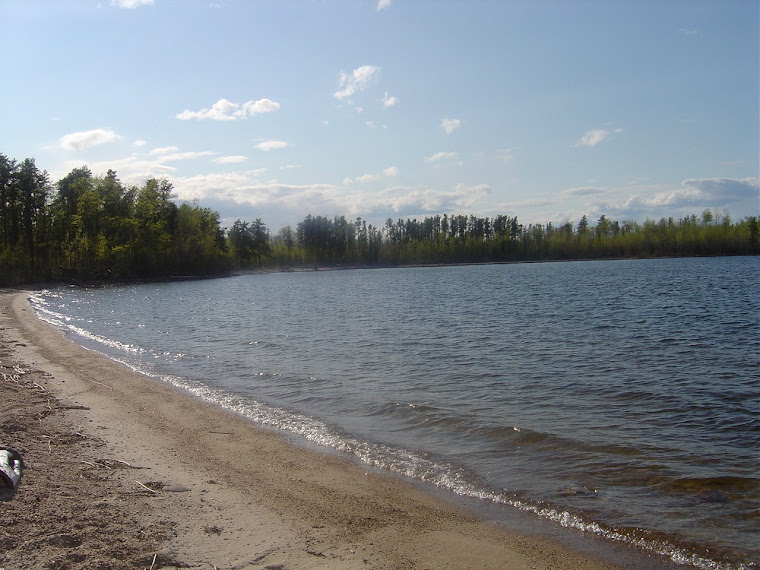This is one question that I have been thinking of every since I heard a few parents applauding a teacher who said,
"We are not teaching our students anything by allowing them to be late for school. We are not preparing them for the future. We should be locking the doors at 9:00am sharp everyday. If they are interested in their education, they should be come to school on time." This teacher teaches at a First Nations school where the drop out rate is at 50%. As a high school teacher, if I see one of my students walking to school, at 9:05am, I let them in with a short lecture on their tardiness as they apologize for their lateness. I do not want to lose another student, I want to see them succeed. I want them to see that there are some people out there who understand them.What did I teach that student by letting them in? I taught them that; education is important to me as their teacher, they are important to me as my students, and that life is not always fair, especially if they are not given second chances and they are always labelled as failures. Is that knowledge worth passing down from teacher to student? I met a young man in my many travels, who told me that he still blames his principal for his failure at LIFE. He was told by his principal that he would never amount to anything in his life and that he would always be a failure. He was thrown out of high school for his lateness and absences. From that day on, he always felt worthless, he said. He could not bring himself to apply for any courses because he thought he was a failure. I wish someone had taken the time to encourage him instead. Some one could have been a positive role model for this young man, but, alas he still wonders to this day, if he is a worthy human being or not. Is that knowledge worth knowing?





